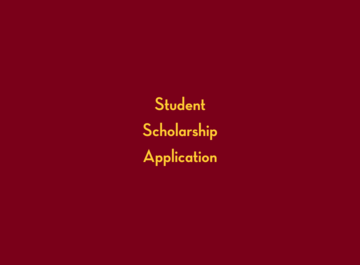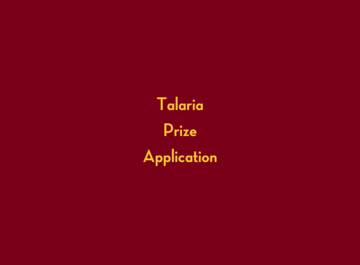Student Funding
The Center for Genome Engineering provides student funding both in scholarships and prize money.
Student Scholarships
2023 Winners
The generous CGE Transformation Grant helped make it possible for me to attend the 7th annual International Cancer Immunotherapy Conference (CICON) in Milan, Italy this past fall.
It was an incredible opportunity for an early-stage PhD student. I heard talks from Dr. Tak Mak, co-discoverer of the T cell receptor, and Dr. Jim Allison, winner of the 2018 Nobel Prize for his revolutionary immunology research, as well as from many other established leaders and up-and-coming scientists.
It was a great way to learn where the field of cancer immunotherapy currently stands, which is an important framework to have if I'm going to effectively contribute to its progress in the coming years.
Cara-lin Lonetree
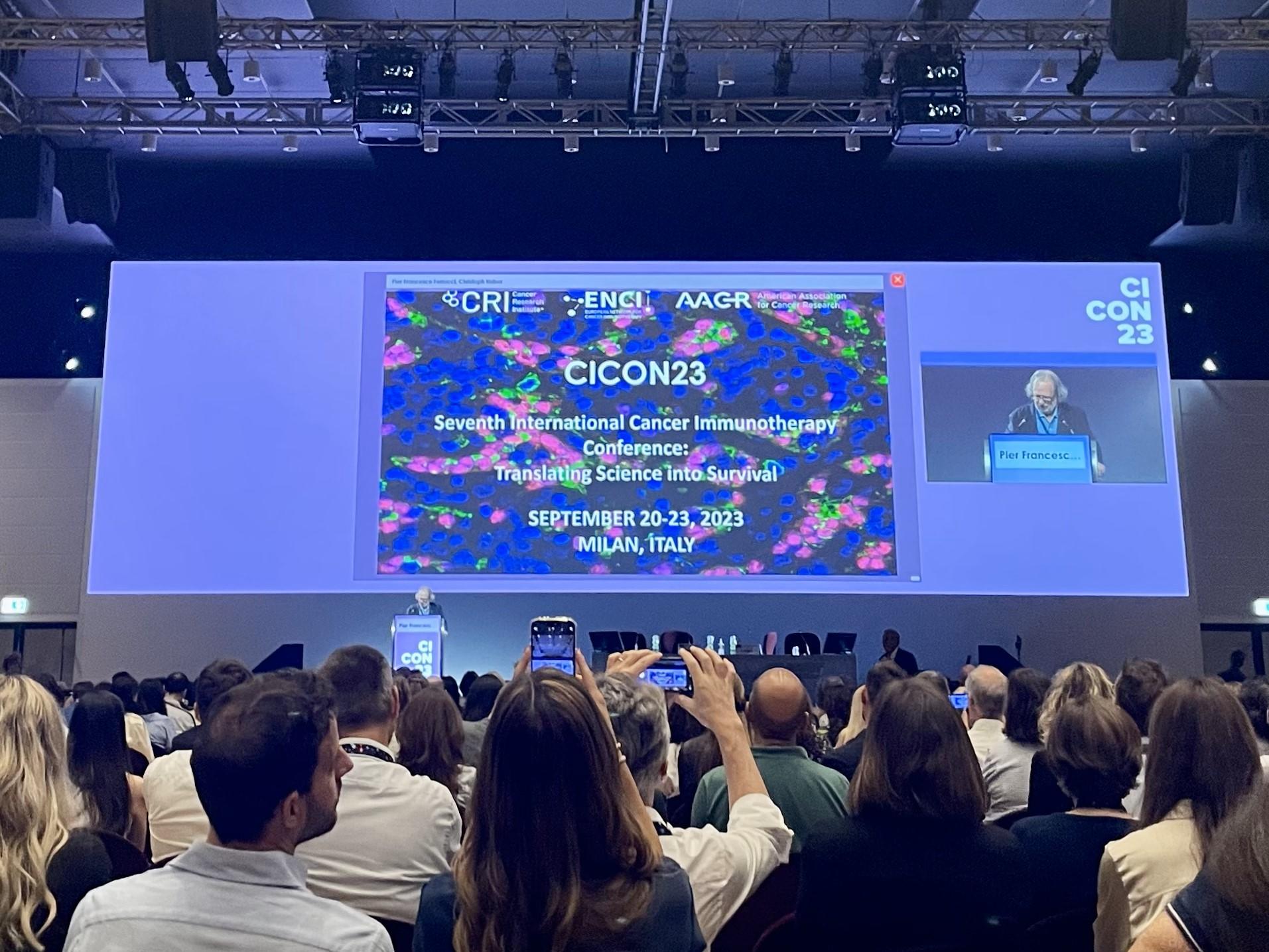
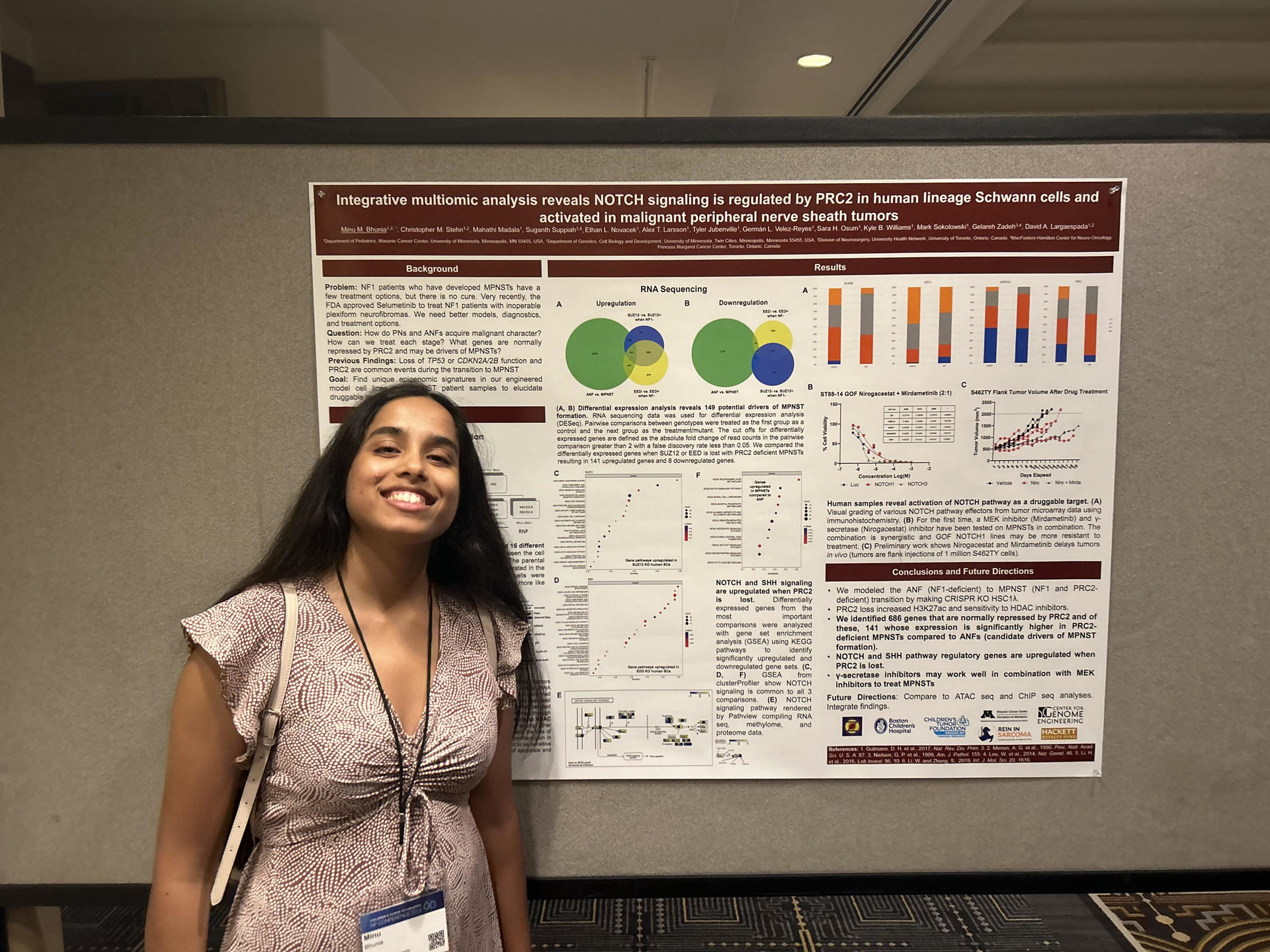
I represented the Largaespada lab at the Childrens’ Tumor Foundation Neurofibromatosis Type 1 conference in Arizona. This annual event was the perfect venue to network with colleagues around the world and communicate our findings to the broader scientific community with poster presentations and collaborator meetings.
Minu Bhuni
I'm sincerely grateful for the CGE Transformation Grant. It really enabled my trip to BSFcon in Cambridge, UK, this past September. Not only was the conference super inspiring, but it was also an amazing opportunity to meet and connect with basically everyone working on black soldier flies from across the world. It was invaluable for getting up to speed on what everyone was working on and putting faces to all the names and startups I had heard about. The whole experience gave me a fresh burst of energy and motivation to push forward with my project, which has recently received funding!
The grant covered the vast majority of my travel expenses which was a big relief, especially when attending an international conference. I've attached a few photos from the event to give you an idea of the atmosphere and scale. Again, thank you so much for the grant and the opportunities it has opened!
Nate Feltman
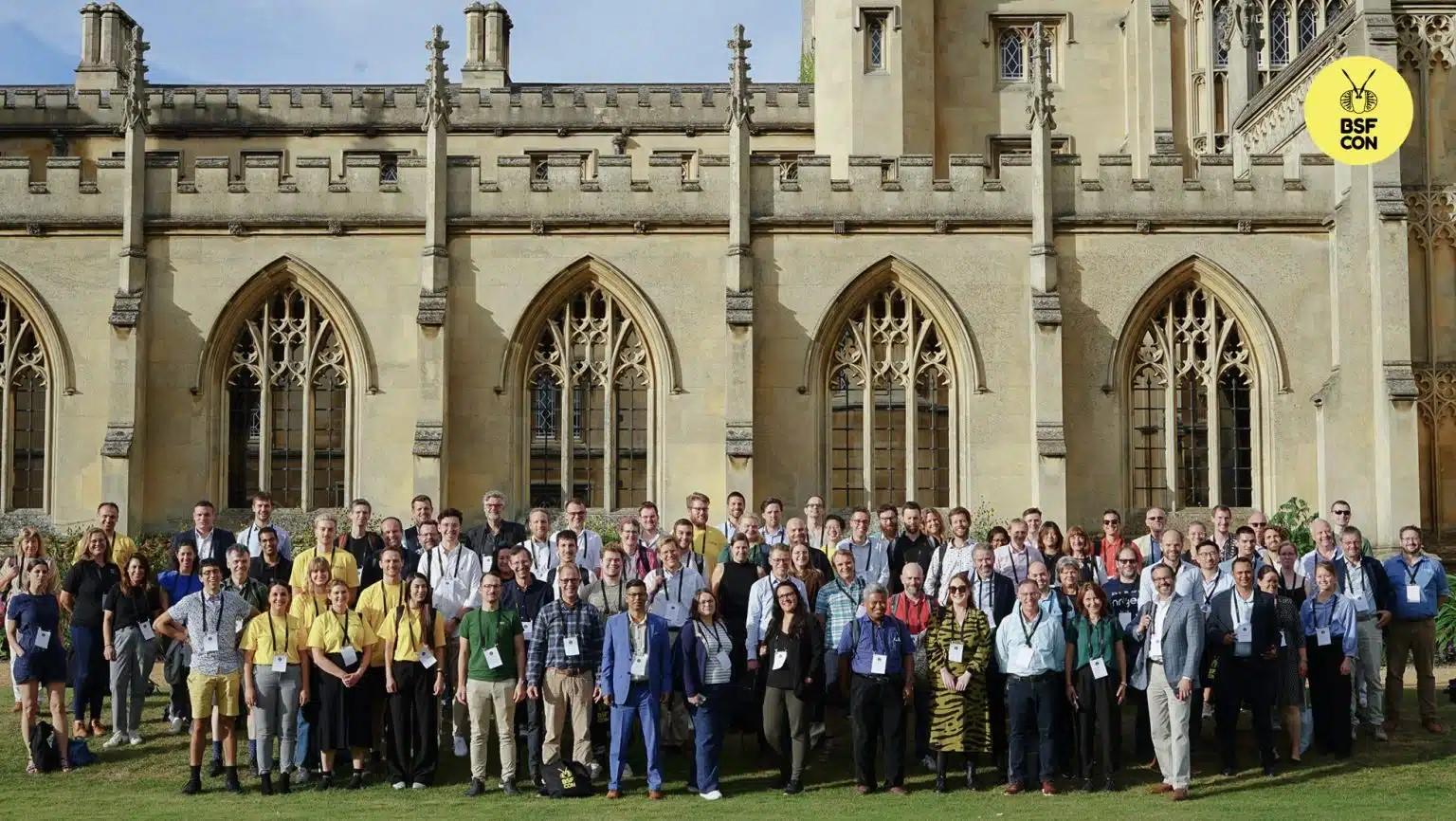
Talaria Prize
2023 Winner
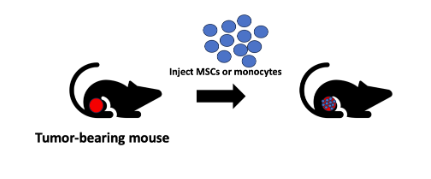
Thank you again for the honor of receiving the Talaria prize! We have used this grant to address our goal of using MSCs and monocytes to make the tumor microenvironment more permissible to immunotherapies. Specifically, the funds have been used for personnel costs to plan the pilot experiment.
The first experiment we are doing is a tumor homing experiment, to verify the ability of our MSCs and monocytes to home to the tumor site. We will induce tumors in mice, and then treat with our MSCs and monocytes, both genetically normal and genetically edited with increased receptors for tumor chemoattractants. We will then image the mice to access how our cells are homing to the tumors. We have the IACUC and IBC approvals in place and will be setting this up in the near future!
Rebecca Johnson
